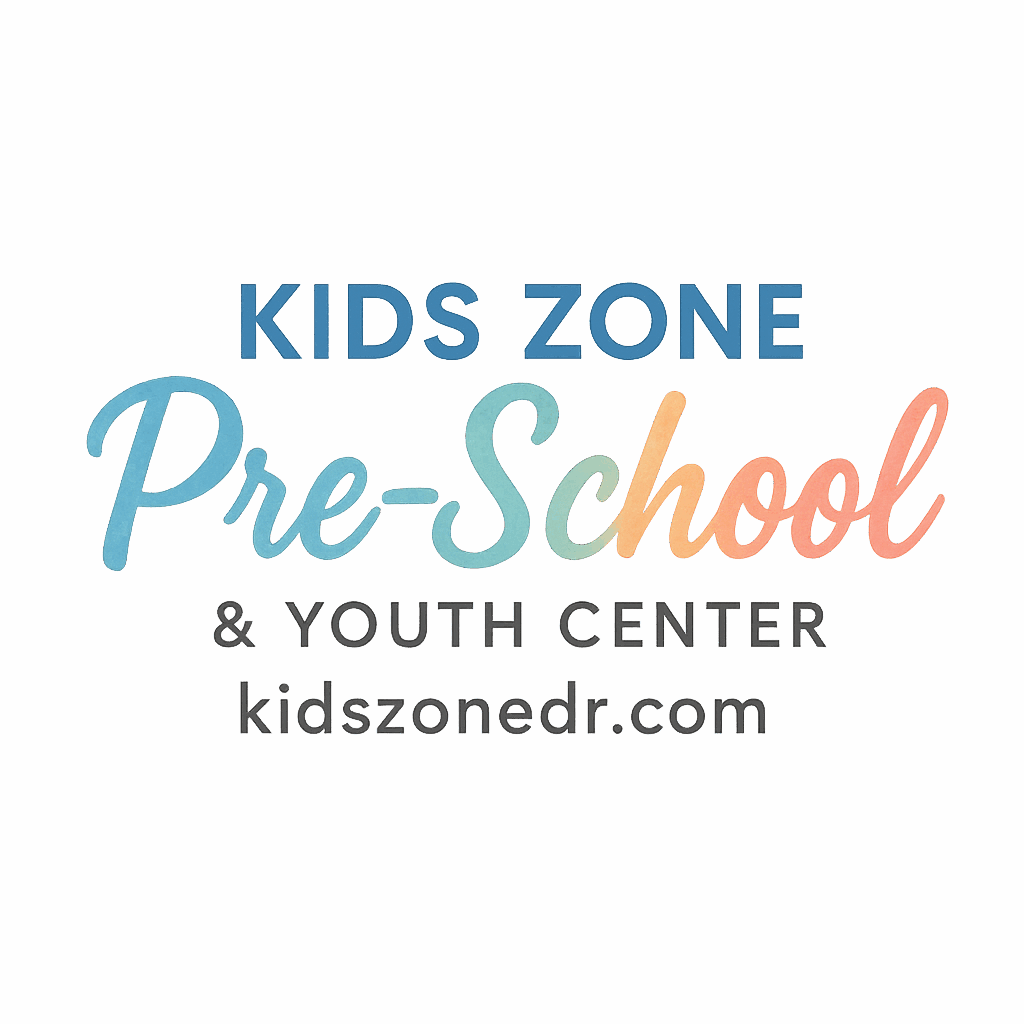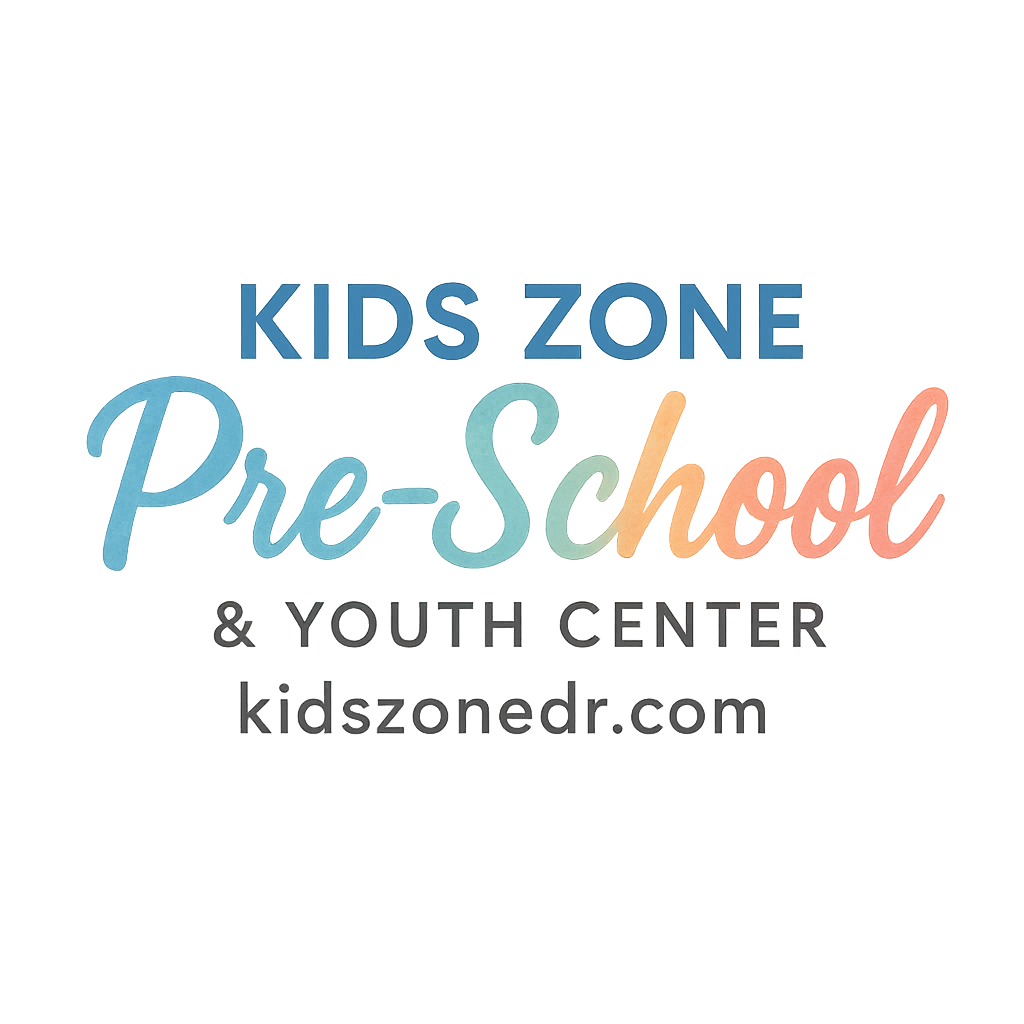Introduction: The Importance of Tracking Preschool Milestones
As a parent, seeing your child grow and develop through the preschool years is both exciting and rewarding. Preschool is a critical time when kids begin to develop essential skills that set the foundation for their academic success and social interactions. By tracking your child’s learning milestones, you can ensure they are progressing well and identify areas where they may need additional support.
Understanding these key milestones can also help you foster a positive learning environment at home. In this article, we will highlight 10 essential preschool learning milestones every parent should track. Let’s dive into these exciting stages of development and learn how you can support your child.
1. Social and Emotional Development
Social and emotional growth is a cornerstone of early childhood development. It affects everything from how children interact with others to how they express their own feelings.
Building Emotional Awareness
At the preschool stage, children begin recognizing and labeling their emotions. They might say, “I’m sad” or “I’m happy,” signaling early emotional awareness. Encourage your child to express their feelings through words to help them gain control over their emotions.
Developing Empathy and Compassion
Preschoolers also start to develop empathy, understanding that others have feelings too. They might notice when a friend is upset and offer a comforting word or action. This ability to empathize is essential for developing strong friendships and social bonds.
Learning to Share and Cooperate
Cooperation and sharing are huge milestones in preschool. Children will begin learning the importance of turn-taking, sharing toys, and collaborating in group activities. Encouraging these behaviors helps build healthy social habits.
For more on fostering emotional growth, check out our Wig Maintenance page, where we share expert tips on maintaining balance and care in everyday routines.
2. Cognitive Development
Cognitive skills involve thinking, problem-solving, and understanding cause-and-effect relationships. Preschoolers are rapidly developing their ability to process information, which forms the foundation for learning in later years.
Problem-Solving Skills
Preschoolers begin solving simple problems, such as figuring out how to complete a puzzle or navigate a new game. These early problem-solving experiences help build critical thinking skills that will be crucial as they grow.
Understanding Cause and Effect
At this stage, children begin to understand that actions have consequences. For instance, they will start recognizing that pressing a button makes a toy light up or that spilling water creates a mess. Understanding cause and effect helps improve their reasoning skills.
If you’re looking for fun activities to boost cognitive development, check out our Wig Tutorials, where we offer simple activities to stimulate problem-solving skills.
3. Language Skills
Language skills are one of the most noticeable milestones at the preschool stage. During these years, children rapidly increase their vocabulary and become more proficient in communication.
Vocabulary Expansion
Preschoolers often experience rapid vocabulary growth. By age 4, many children can use between 1,000 to 1,500 words. Engaging with your child through reading and conversation helps them expand their vocabulary.
Understanding and Following Instructions
Preschoolers will begin to understand and follow simple instructions, such as “please put your shoes away” or “wash your hands before dinner.” This ability is key for both their school success and daily routine management.
For more on fostering language development, explore our Wig Fashion Trends blog for creative ways to introduce new vocabulary through fun and engaging activities.

4. Fine Motor Skills
Fine motor skills involve the small muscle movements used for tasks like drawing, writing, and even eating. These skills are important as they lay the groundwork for activities like reading and writing in the future.
Drawing and Writing Ability
At preschool age, children start drawing simple shapes, lines, and even basic figures. They may begin attempting to write their name and other familiar words. These are critical steps in developing writing skills.
Cutting with Scissors
By age 4 or 5, many children are able to use scissors with growing precision. They might start cutting along straight lines and experimenting with different shapes. This milestone shows developing hand-eye coordination.
Looking for more activities to support fine motor skills? Check out our Wig Buying Guides for craft ideas that help improve hand strength and dexterity.
5. Gross Motor Skills
Gross motor skills involve larger movements such as running, jumping, and climbing. These skills are vital for your child’s physical health and overall coordination.
Running, Jumping, and Climbing
Preschoolers will become more coordinated, able to run without tripping, jump with both feet off the ground, and climb on playground structures with more confidence.
Balancing and Coordination
Your child will also begin mastering basic balancing skills, like standing on one foot or walking along a balance beam. These movements help them improve their physical coordination and stability.
Support your child’s gross motor development by encouraging outdoor play. Check out our Wig Tutorials for ideas on fun, active games.
6. Early Literacy Skills
Early literacy skills are the foundation for reading and writing. Preschoolers will start recognizing letters, numbers, and even begin to develop pre-reading skills.
Recognizing Letters and Numbers
By the time they reach preschool age, many children start recognizing letters of the alphabet and numbers. This milestone is key for their future reading and math abilities.
Developing Pre-Reading Skills
Preschoolers also start recognizing the concept of print. They’ll understand that books are read from left to right and that letters represent sounds. These early literacy skills provide the groundwork for later reading success.
For more tips on fostering literacy, check out our Hair Care section, where we explore fun activities that develop language skills.
7. Early Math Skills
Early math skills are more than just numbers. They include understanding basic concepts such as shapes, sizes, and patterns.
Understanding Shapes and Sizes
Preschoolers start to recognize basic shapes like squares, circles, and triangles. They also begin understanding concepts like big vs. small and tall vs. short.
Counting and Number Recognition
Children also begin counting and recognizing numbers. By age 4, many children can count to 10 and may begin understanding simple math concepts like addition and subtraction.
If you’re interested in creative ways to teach early math, check out our Wig Fashion Trends for fun activities that incorporate shapes and counting.
8. Independence and Self-Care
As your preschooler grows, they’ll start becoming more independent and capable of performing self-care tasks.
Getting Dressed Independently
At this age, many preschoolers can dress themselves with minimal help. They may start with easy tasks like putting on socks, shoes, and jackets and gradually become more independent.
Learning Basic Hygiene Routines
Preschoolers also start learning about personal hygiene, such as washing hands, brushing teeth, and using the toilet. Encouraging these habits fosters independence and a sense of responsibility.
For more tips on fostering independence, check out our Budget Wigs page for creative ways to encourage self-care routines.
9. Creativity and Imagination
Imaginative play is a vital aspect of preschool development, helping children express themselves and build cognitive skills.
Engaging in Pretend Play
At this stage, children start engaging in pretend play, such as pretending to be animals, superheroes, or other characters. This imaginative play enhances cognitive flexibility and social interaction.
Using Art and Music for Expression
Preschoolers will also begin to express themselves through art and music. They may enjoy drawing, painting, singing, or dancing. This creative expression is crucial for emotional and social development.
For more ideas on fostering creativity, check out our Heatless Curls guide for fun, engaging activities for your child.
10. Problem-Solving and Critical Thinking
Preschoolers begin to develop problem-solving skills that help them make decisions and solve simple challenges.
Making Decisions Independently
At preschool age, children start making simple decisions like choosing which game to play or which toy to use. These choices help foster their sense of independence.
Working Through Simple Challenges
Preschoolers also encounter challenges that require problem-solving. They may figure out how to complete a puzzle or how to overcome an obstacle during play. Encouraging them to work through these challenges helps them develop resilience and critical thinking.
If you want more problem-solving activities, explore our Retro Wigs section for creative ways to teach your child new skills.
Conclusion: Tracking Milestones to Foster Growth
Tracking preschool learning milestones is essential for understanding your child’s growth and ensuring they have the support they need to succeed. Remember, each child develops at their own pace, so don’t worry if they don’t hit every milestone exactly on time. The goal is to nurture their development and provide the best possible opportunities for growth.
By staying engaged and actively supporting your child’s learning, you can make the preschool years both enriching and enjoyable.
FAQs
1. What are the key milestones in preschool learning?
Key milestones include social-emotional development, language growth, fine and gross motor skills, early literacy, and early math skills.
2. How can I help my child reach their developmental milestones?
Engage in play, read together, encourage creativity, and support their independence to help them reach their milestones.
3. What if my child is behind on some milestones?
If you’re concerned, consult your pediatrician. Early intervention can be helpful, and our wig cleaning page offers more support on nurturing growth.
4. At what age do most children start preschool?
Most children begin preschool around age 3 or 4.
5. How can I support my child’s emotional development in preschool?
Model empathy, encourage emotional expression, and provide a safe space for your child to explore their feelings.
6. Is imaginative play important in preschool development?
Yes! Imaginative play fosters creativity, social skills, and problem-solving abilities.
7. How can I track my child’s progress in preschool?
Keep a developmental journal, observe their behavior, and communicate with their preschool teacher to monitor their progress.


